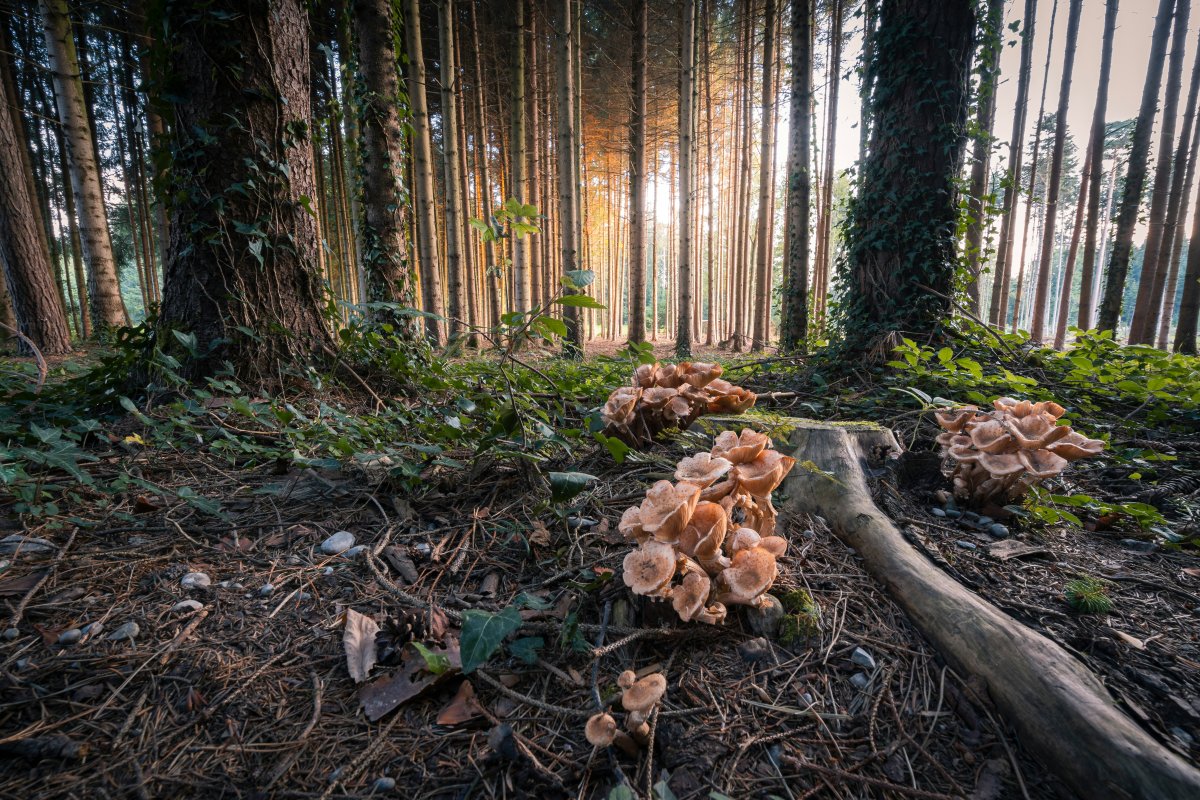
Mushrooms play a vital role in ecosystems as powerful decomposers that break down organic matter and recycle essential nutrients back into the soil. This natural process is fundamental to maintaining soil fertility, supporting plant growth, and promoting overall ecosystem health.
How Mushrooms Decompose Organic Matter
Mushrooms belong to the fungi kingdom, which distinguishes them from plants and animals. Unlike plants, mushrooms lack chlorophyll and cannot produce their own food through photosynthesis. Instead, they rely on decomposing organic material such as dead leaves, wood, and animal remains.
Through their extensive network of mycelium — thread-like structures that spread beneath the soil or within decomposing material — mushrooms secrete enzymes that break down complex organic compounds like lignin, cellulose, and other tough materials. This process releases nutrients like nitrogen, phosphorus, and potassium back into the soil, making them available for plants and other organisms.
Key Benefits of Mushroom Recycling
Nutrient Cycling: By decomposing dead organic material, mushrooms ensure that vital nutrients are recycled within the ecosystem, improving soil quality and fostering plant growth.
Soil Enrichment: Mushroom decomposition enhances soil structure, increasing its ability to retain water and improve aeration, which benefits plant roots.
Waste Management: Certain mushroom species are capable of breaking down pollutants, plastics, and even heavy metals, helping to clean contaminated environments in a process known as mycoremediation.
Carbon Sequestration: By breaking down organic material, mushrooms help regulate carbon cycles, reducing the amount of carbon stored in dead plant matter.
Examples of Important Decomposer Mushrooms
Oyster mushrooms (Pleurotus spp.): Effective at breaking down complex materials such as wood and paper waste.
Turkey tail mushrooms (Trametes versicolor): Known for their ability to break down lignin in tough plant material.
Shaggy mane mushrooms (Coprinus comatus): Commonly found in rich soil, these fungi contribute to rapid organic matter decomposition.
Conclusion
Mushrooms are crucial players in the recycling of organic matter, ensuring ecosystems remain balanced and fertile. By harnessing the power of these remarkable organisms, humans can improve agricultural practices, reduce waste, and restore damaged environments. Understanding and promoting the role of mushrooms in organic recycling can lead to a healthier planet and more sustainable ecosystems.